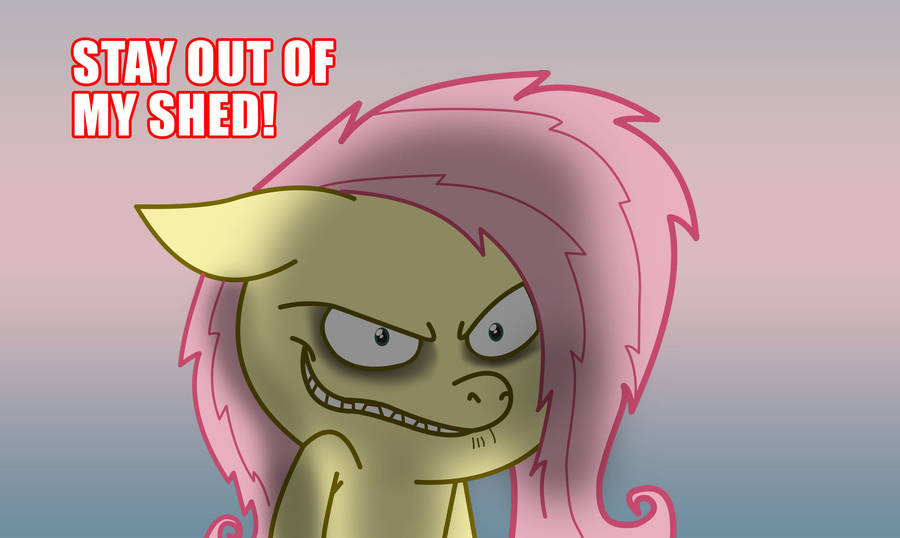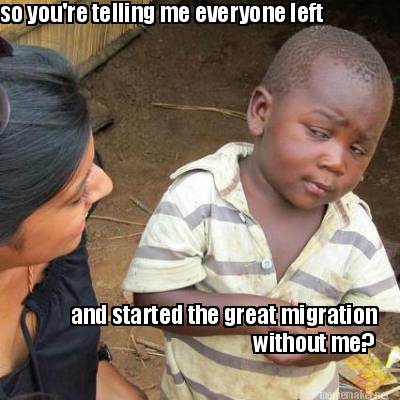"The Case For Nationalism"
Patriotism, we defined, is the loyalty to and love of one's nation. On the other hand, nationalism is a more extreme form of this love and loyalty, especially marked by a feeling of superiority over other countries. The main thing that distinguishes nationalism from patriotism is that nationalism can be used as a political tool, and involves not just a love of country but a sense of unity among its citizens. Nationalism can be created to strengthen a nation, and throughout history, nation-building has been approached by transportation, industrialization, and social reform.
Nationalism vs. patriotism - "Nationalism is patriotism transformed into a sentiment of superiority and aggression toward other countries."
RUSSIA
According to Gyarn, the manifestation of nationalism seems to be having issues. While most of European nations were thriving with the Industrial Revolution and becoming modern states, Russia was still primarily agricultural and practiced serfdom. Russian had always been a pretty strong nation-state, but as the rest of the world was modernizing, Russia's leaders realized that they too had to embrace this change in order to maintain its power and compete in the modern economy.
Because 90% of the Russian population lived on the land where the open-field system reigned supreme, and serfdom was still the long-instilled social institution, Alexander II had to make some "great" reforms in order to embrace modernization. The Crimean war in the 1850s brought crisis to the Russian nation-state. Russia's old systems of transportation, which relied on rivers and wagons, failed to supply the distant Russian armies, and Russia humiliatingly lost the war.
This military defeat signified Russia's falling-behind to the modern nations of Europe. It also tested Russian nationalism, as citizens no longer felt the same kind of pride and unity in their country. Russia approached this problem with some of the basic tools of nation-building - better railroads, better armaments, and the reorganization of the army. Because the war also caused massive hardship, in addition to the loss of faith in the state, peasant rebellion arose, making the reform of Serfdom imperative.

The first "great" reform was the emancipation of the serfs. Human bondage was abolished, but they still had to pay really high prices for their land, and lived more like tenant farmers or share-croppers than independent farmers. They embraced collective responsibility over the land in order to save money, and the government hoped that this would unify them and strengthen the peasants as a social unity, but in reality, the peasants' lifestyles changed little since they were lineage-bound serfs. All in all, this reform did make a change, but not a "great" one.
In 1864 the government established an institution of local government called the "zemstvo". This assembly was elected by a three-class system of towns, peasant villages, and noble landowners. The idea was "great" - a local government to embrace local problems. In practice, however, the zemstvo did not have much power, because they remained subordinate to the traditional bureaucracy and the local nobility.
The greatest of the "great" reforms was the reform of the legal system, which established independent courts and equality fore the law. Education and politics toward Russian Jews were also moderately liberalized, and censorship was "relaxed but not removed".
Russia also had to approach industrialization at this time. Industry and transport, which were both vital to the success of the military, were transformed in two surges. First, the government encouraged and funded private railroad companies resulting in a boom of construction. This encouraged the growth of the agricultural industry, increasing trade opportunities. Money gained from this trade allowed for even further industrialization, and a class of modern factory workers began to grow.
Industrialization, which helped strengthened the military, also allowed for territorial expansion. This expansion excited many ardent nationalists and patriots, who began to more enthusiastically support the government, helping to fix the problem of nationalism.
Of course, there were still some people who were not happy with the government. A group of revolutionaries called the "People's Will" assassinated Alexander II, pretty much because his great reforms were just not great enough. Alexander III, a determined reactionary, took the throne. Russia was experiencing some hard times economically, and while political modernization remained stagnant, economic industrialization surged forward. Nationalism "played a decisive role" in this advancement. Sergei Witte, minister of finance, believed that Russia's industrial backwardness was threatening Russia's greatness and power.
Witte helped to build state-owned railroads, notably the trans-Siberian line, established high protective tariffs to help build industry, and put the country on the gold standard of the "civilized world" to strengthen the nation's finances. Witte's "greatest innovation" was to "use the West to catch up with the West," encouraging foreigners to use their abundant capital and advanced technology to build factories in Russia. This policy was majorly successful, allowing for great modernization in Russian industry.

Russia was embracing imperialism in order to help strengthen the nation-state, but suffered a humiliating defeat by the Japanese in 1905. Russia had established a sphere of influence in Chinese Manchuria, and was casting greedy eyes on North Korea, when imperialist Japan launched a surprised attack. Military disaster, like it often does, incited political upheaval at home. Factory workers were organized in a radical (and illegal) labor movement, and Peasants were suffering from poverty and over-population. These grievances converged in the revolution of 1905. Bloody Sunday marked the beginning of this revolution, where a peaceful protest in St. Petersburg led by Father Gapon turned horrifyingly violent when troops opened fire. (Think - Boston Massacre) Bloody Sunday stimulated the revolution by creating indignation for the tsar, as Nicholas II had pretty much ran away from all the problems by fleeing the city. The revolution was characterized by strikes, peasant uprising, minority revolts, and troop mutinies. The tsar issued the October Manifesto which granted full civil rights and promised a popularly elected duma (parliament) with some actual power. The first Duma, elected indirectly by universal male suffrage, met in May 1906 and the government issued the Fundamental Laws, a new constitution. The middle-class liberals, who served as the largest group in the Duma, saw the Laws a step back. The tsar dismissed the Duma after efforts to cooperate with his ministers deteriorated. He then dismissed a second, more radical Duma after three months of deadlock. He therefore rewrote the electoral law to increase the weight of the propertied classes at the expense of peasants, workers, and minorities, so that land owners assured half the seats in the Duma.
"In 1914, Russia was partially modernized, a conservative constitutional monarchy with a peasant-based but industrializing economy." The Revolution of 1905 was not all that successful, as there was no great changes, but it was a step in the right direction to re-establish nationalism in the Russian state.


















